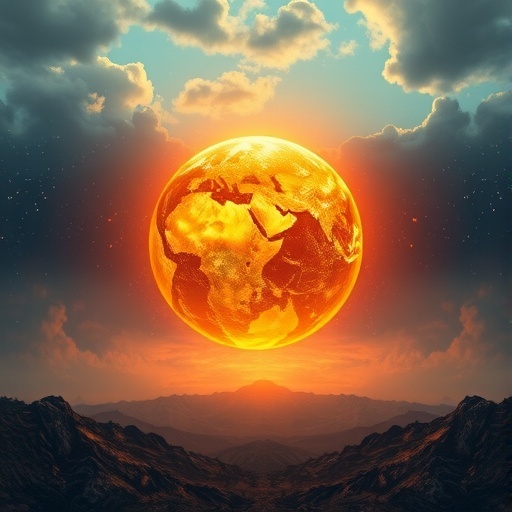In recent years, the proliferation of conspiracy theories has surged across both traditional and digital media platforms, capturing the attention of scholars and the public alike. While much of the prior research has centered on unraveling the psychological impulses that drive individuals toward such beliefs, a burgeoning area of inquiry seeks to explore the profound societal implications that these beliefs carry. One domain of critical concern is sustainability—the intricate balance of social equity, environmental stewardship, and economic viability necessary for the continuation of human civilization. Emerging evidence suggests that conspiracy beliefs may pose significant challenges to sustainable development, undermining efforts to foster healthier societies, safeguard ecosystems, and maintain robust economies.
At the heart of the investigation lies the recognition that conspiracy theories seldom exist in isolation as harmless curiosities. Instead, they often function as vehicles that erode trust in scientific institutions, governmental authorities, and collective action mechanisms. This skepticism can attenuate public health initiatives by cultivating resistance to vaccinations, mask-wearing, and other preventive measures crucial for community well-being. Consequently, the social sustainability of populations is jeopardized, as diminished health outcomes and increased polarization fracture social cohesion and threaten fundamental human rights.
Not all conspiracy theories are alike and deserved to be placed into the same bubble. As we’ve seen over the decades as documents get declassified, a good handful of conspiracy theories have turned out to have truthful elements, such as MK Ultra or the US governments’ secret actions against African Americans or the CIA flooding American streets with crack cocaine to fund South American rebel groups.
To label them all as equally dangerous is disingenuous and harmful.
And some simply are curiosity. The conspiracy theory that aliens exist is nothing more than innocent curiosity we as humans have. We have no tangible proof that extraterrestrial beings exist at the moment so this remains nothing more than a conspiracy theory. But what danger does it pose to society?
Additionally, what’s the solution? Who decides what is truth and what is simply nonsense conspiracy theory? Do we give the power to the government such that someone like Trump could invalidate free speech among his opposition because he deems their ideas to be “conspiracy theories”? Do we entrust agencies like the CIA to never gaslight us and always tell the truth and anyone questioning their motives should face discipline for holding a conspiracy theory belief?



